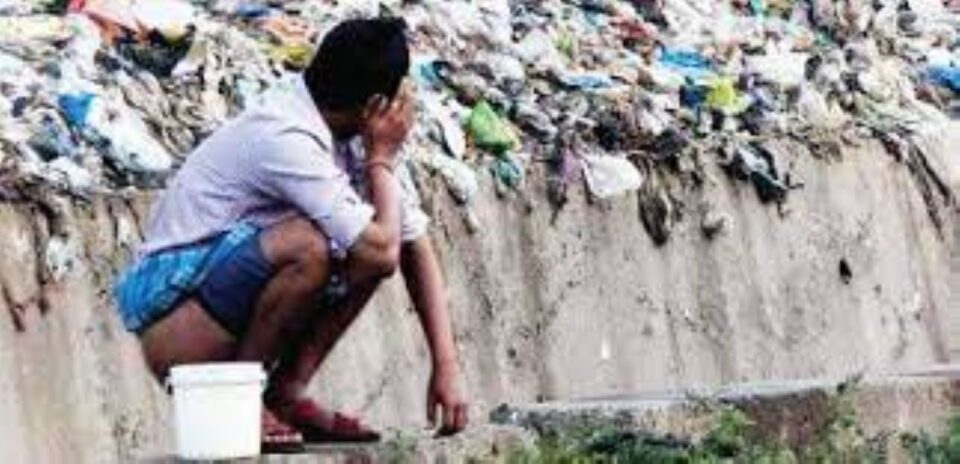By Chuks Oyema-Aziken
The Minister of Environment, Malam Balarabe Lawal Abbas has called for the provision of more toilet facilities to evacuate human waste.
Malam Abbas stated this at a ministerial press briefing in commemoration of the 2023 World Toilet Day in Abuja on Thursday.
The United Nations General Assembly designated November 19th as World Toilet Day to celebrate toilets and raise awareness of the billions of people living without access to safely managed sanitation.
The Minister said the theme for 2023 ‘Accelerating Change’ inspires every individual to take personal action to help improve toilets and sanitation systems.
He said toilets are a foundation stone of public health and they play an important role in protecting the environment.
“Unfortunately, toilets and the sanitation systems that support them are underfunded, poorly managed or neglected in many parts of the world including Nigeria with devastating consequences for health, economics and the environment particularly in the poorest and most marginalized communities,” Abbas said
“Right now, about 4.2 billion people in the world live without safe toilets and about 48 million Nigerians still practice open defecation, as many people still use the bush and water bodies as their regular means for excreta disposal. Many institutions, public and private, do not have sanitary facilities and where they exist they are either not functioning or misused.
“Most urban areas do not have sewerage systems and safe collection of sewage. Therefore, disposal becomes a huge challenge as many of the water bodies including rivers and streams become a repository for sewage and wastewater.
“The sanitation crisis poses a threat to our natural environment and the health of citizens, particularly women, girls and other vulnerable groups. One of the major consequences of poor excreta and sewage disposal is the high rate of diarrhoea disease which is the second cause of high morbidity and mortality rates among children under the age of five.
He said the persistent re-occurrence of annual incidences of cholera outbreaks in some of our states are also manifestations of inadequate toilet facilities.
“Yet this could also be prevented through safe excreta disposal by every individual.
He said the Federal Government is committed to addressing the sanitation challenges in the country and ensuring proper management of excreta.
“This commitment is demonstrated by Mr. President’s declaration of a state of emergency on water, sanitation and hygiene in the country and the signing of Executive Order No. 009 on Open Defecation Free Nigeria by 2025.
“Equally, the Federal Ministry of Environment in collaboration with critical stakeholders has reviewed and validated the 2005 National Environmental Sanitation Policy including its policy guidelines on safe excreta and sewage disposal, which will soon be presented to the Federal Executive Council for approval.
“The Federal Ministry of Environment is also continuing with its community-based intervention on the control of open defecation programme as well as the Clean and Green Programme aimed among others at promoting the provision of safe and adequate toilets across the country, particularly in public places and ensuring proper excreta management.
In his address, the Minister of Water Resources and Sanitation, Engr. Prof. Joseph Utsev said the Government recognizes that access to adequate Water, Sanitation and Hygiene (WASH) services is a critical factor for the socio-economic development of any nation with implications for human capital outcomes such as early childhood survival, health and educational attainment.
“In addition, the practice of open defecation due to the dearth of sanitation facilities is directly correlated with sanitation-related diseases, poor educational outcomes and loss of productivity. This is beside such as other consequences such as the concomitant lack of dignity, inconvenience and violence experienced by women and girls, when practicing open defecation.”
| ReplyReply allForward |



